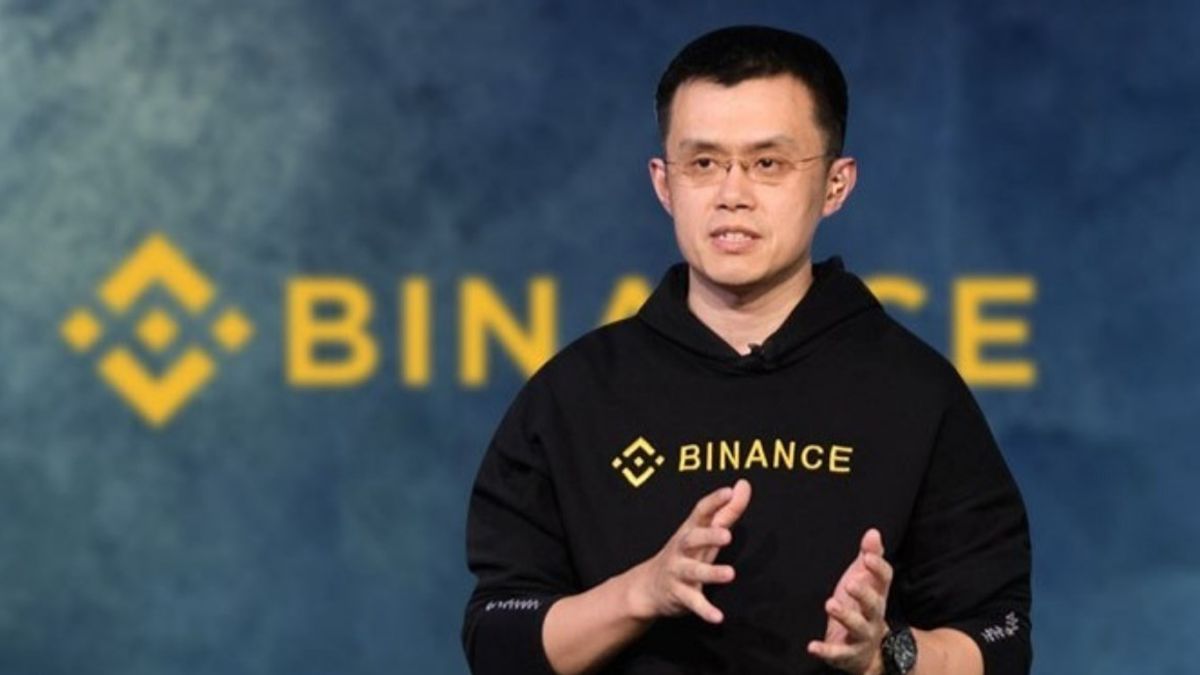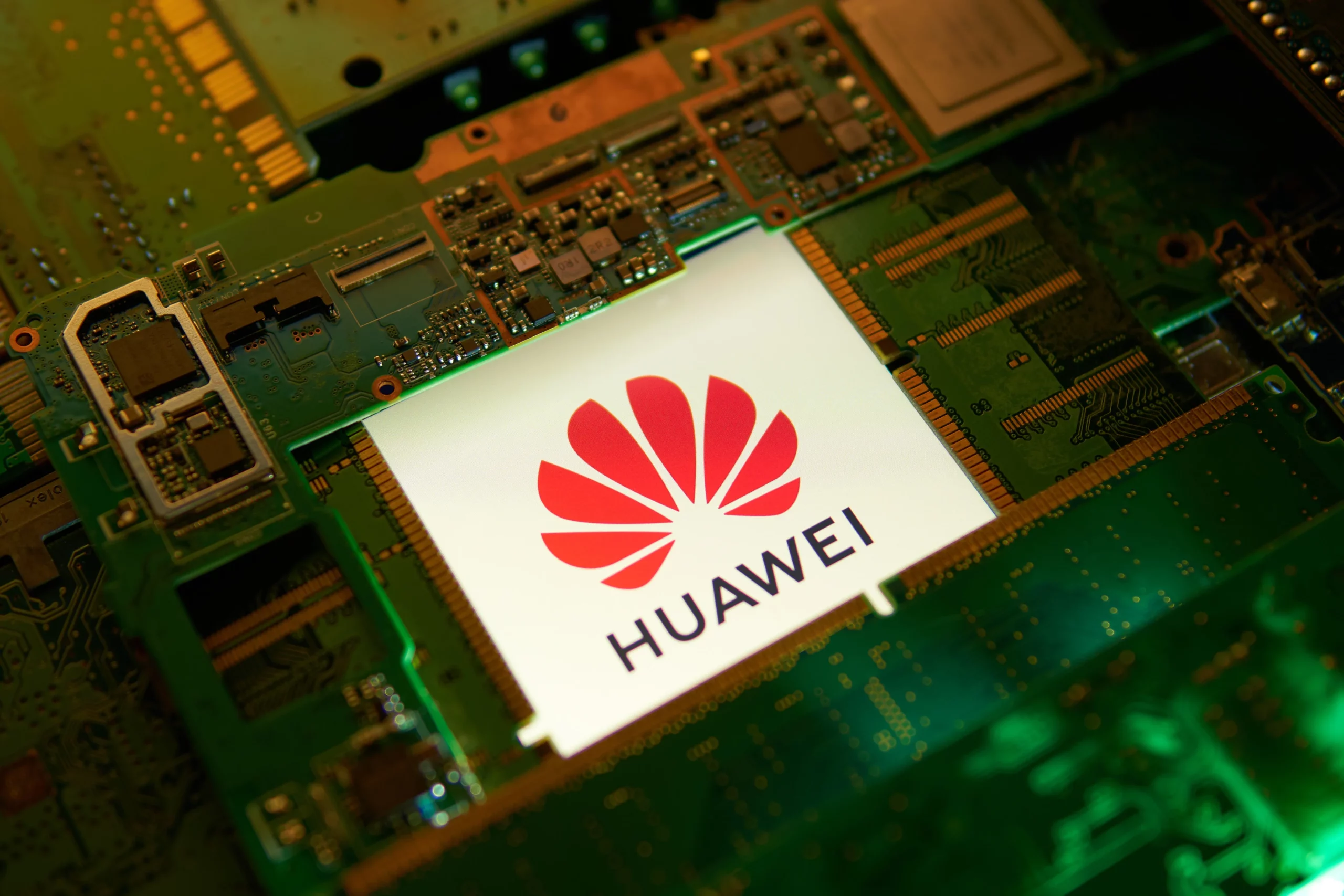In an era where social media influencers have become a cornerstone of digital marketing, a Spanish modelling agency has taken a bold leap into the future. They’ve created an AI influencer, Aitana Lopez, a pink-haired 25-year-old with following of more than 125,000 on her account. Interestingly, she earns a whopping $11,000, a testament to her popularity.
Why an AI Influencer?
The company decided to create Aitana due to the challenges they faced with real influencers. Real influencers, while effective, can sometimes be difficult to manage. In contrast, an AI influencer like Aitana is entirely under the company’s control.
The Impact of AI Influencers
The creation of Aitana represents a significant shift in the influencer marketing landscape. As AI technology continues to advance, we can expect to see more AI influencers appearing on our social media feeds. However, also raises important questions about job displacement and ethics.
Job Displacement
The rise of AI influencers inevitably leads to concerns about job displacement. If companies can create their own AI influencers, what does this mean for the livelihoods of real influencers? This concern extends where AI could potentially replace human jobs.
Ethical Considerations
The use of AI influencers also raises ethical questions. Can AI influencers truly replicate the personal connection that real influencers offer? Is it ethical for companies to create AI personas that audiences might form emotional connections with, despite them not being real?
Insiders View
The creation of Aitana Lopez, the AI influencer, marks an interesting turning point. While there are many questions yet to be answered, one thing is clear: the rise of AI influencers is a trend worth watching. As we move forward, it will be fascinating to see how this evolves and what impact it will have on the marketing landscape and society at large.




